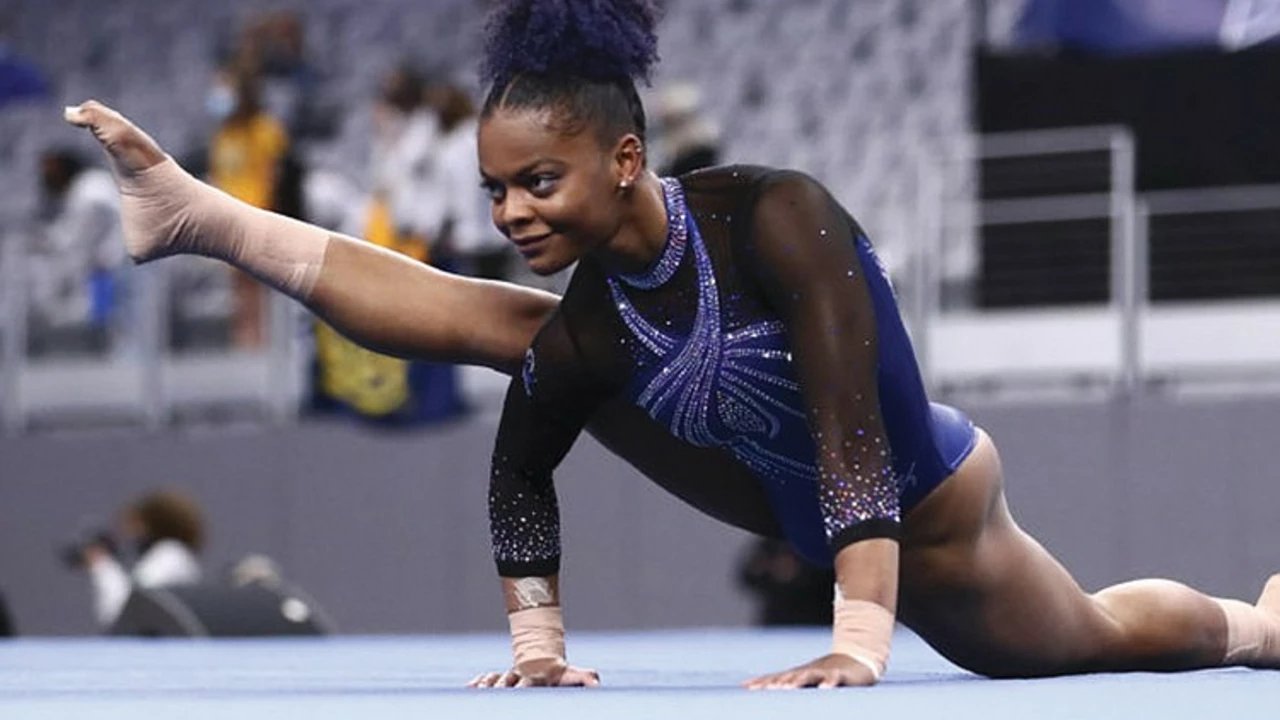Quitting
When talking about Quitting, the act of stopping an activity or leaving a role, often after a period of effort or commitment. Also known as stopping, it can happen in sport, work, or personal habits. A common reason athletes decide to quit is Sports Retirement, the formal end of a competitive career, usually triggered by age, injury, or declining performance. Another driver is a dip in Motivation, the inner drive that pushes someone to train, compete, or pursue a goal. Both concepts intersect with mental health, financial pressures, and the desire for a new life chapter, creating a web of factors that shape why people quit.
Key Factors Behind Quitting
First, physical wear and tear can make the body scream “enough.” Chronic injuries often force a player to evaluate long‑term health versus short‑term glory. Second, the mental game matters—a loss of confidence or growing anxiety can erode the pleasure once found in training. Third, external opportunities like coaching, business ventures, or education can lure athletes away, offering fresh purpose. Finally, financial stability—or lack thereof—plays a sneaky role; without a secure paycheck, the gamble of staying in sport feels riskier.
Understanding these triggers helps fans and fellow athletes see quitting not as weakness but as a strategic choice. When a player trades the field for a classroom, they’re applying the same discipline that got them to the top, just in a different arena. This shift often improves mental well‑being because the new role aligns better with evolving personal values.
Quitting also intersects with habit change. Breaking a long‑standing routine demands clear steps: setting a concrete end date, finding alternative activities, and building a support network. Many former pros turn to mentorship, using their experience to guide younger talent. That mentorship loop creates a positive feedback cycle—one quitters’ story fuels another’s growth.
Our collection below reflects these angles. You’ll find pieces on streaming the Ryder Cup for free, why WNBA players chase overseas contracts, the NFLPA’s bargaining challenges, and even fashion moments that signal personal reinvention after a breakup. Each article touches on a facet of quitting, whether it’s leaving a league, ending a relationship, or stepping away from a long‑held habit. Together they paint a realistic picture of what it looks like when someone decides to stop and start anew.
Ready to see how quitting shows up across sports, career moves, and everyday life? Dive into the stories and guides that follow—there’s a lot to learn about making the most of an ending and turning it into a fresh beginning.
What happens when you quit from an NCAA sport?
Deciding to quit an NCAA sport can have varied personal and academic consequences. The immediate impact is the potential loss of an athletic scholarship, a significant blow for those relying on it for tuition. Along with this, there's the emotional toll from leaving a team and the sport you loved. There's also a shift in your daily routine, as the grueling training sessions and competitions are no longer there. However, it can also present an opportunity to explore other interests and passions.
